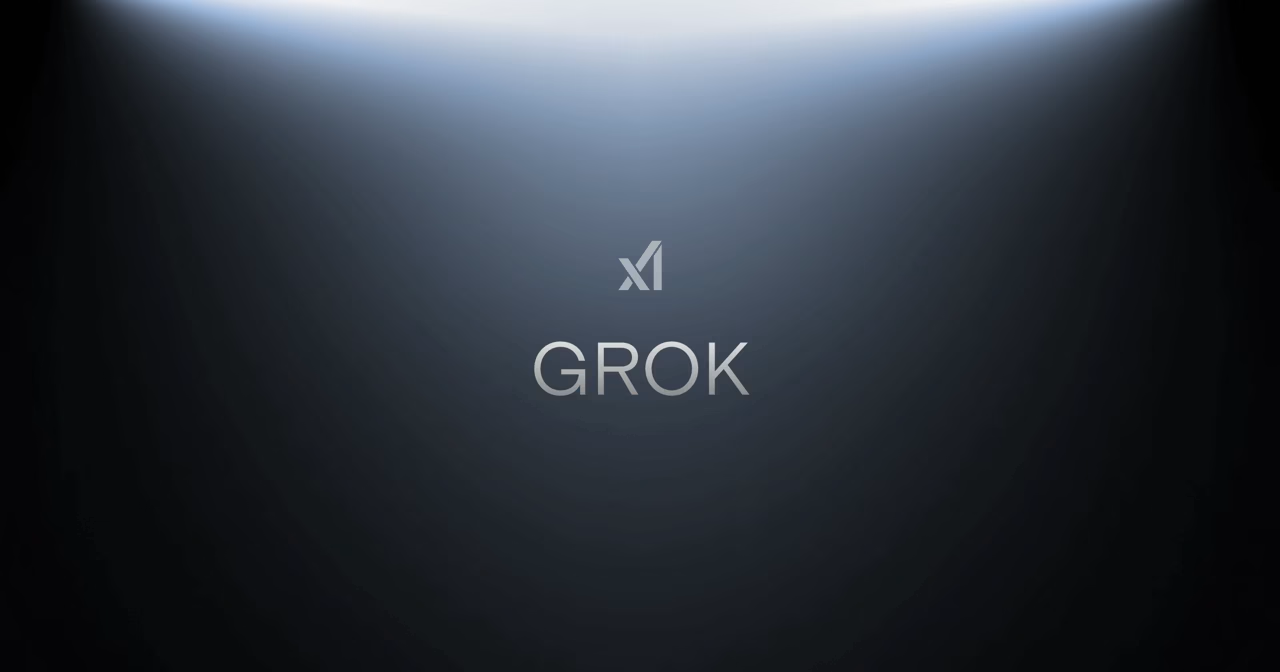18-Month Deal Marks Longest AI Contract in Government History

Elon Musk's artificial intelligence venture, xAI, has landed a significant contract with the U.S. government, promising to bring its advanced Grok chatbot to federal agencies at an astonishingly low price. This deal, valued at just 42 cents per agency, is not only a major win for xAI but also represents a landmark moment in the government's adoption of AI technologies. The agreement is set to run for 18 months, extending through March 2027, making it the longest AI contract ever signed by the U.S. government to date.
The core of this agreement is the provision of "Grok for Government," a specialized version of xAI's powerful AI models. Federal agencies will gain access to the sophisticated Grok 4 and the even faster Grok 4 Fast models. These are xAI's latest multimodal reasoning systems, boasting an impressive 2 million token context window. This capability allows for the handling of vast amounts of information, enabling complex tasks such as in-depth data analysis, rapid document summarization, and sophisticated query resolution. The focus on efficiency and cost-effectiveness is clearly a major draw for government operations.
What's truly remarkable is the pricing. For a mere 42 cents per department, federal entities can leverage these cutting-edge AI tools. While enterprise-level upgrades will likely come at an additional cost, this base price point dramatically undercuts many commercial AI offerings. This move signals a strong governmental push to democratize access to advanced AI, ensuring that even smaller agencies can benefit from these transformative technologies without prohibitive expense. It's a bold strategy that could reshape public sector efficiency.
Founded by Elon Musk with the stated aim of creating AI that prioritizes truth-seeking and offers an alternative to what he perceives as overly censored systems, xAI has rapidly established itself as a significant player in the AI arena. Grok, its flagship chatbot, initially gained attention for its distinctive personality and willingness to engage with complex or controversial topics. However, by 2025, Grok has evolved considerably, with its latest iterations, Grok 4 and Grok 4 Fast, highlighting significant advancements in multimodal capabilities.
These newer models offer enhanced reasoning and speed, with Grok 4 Fast specifically designed for cost-efficient intelligence, reportedly processing queries up to ten times faster than previous versions while maintaining high accuracy. The integration of voice interaction, allowing for natural, real-time conversations, is another key feature that Musk himself has demonstrated. Furthermore, the massive 2 million token context window is a game-changer for processing extensive datasets, which is invaluable for government applications ranging from policy analysis to regulatory compliance. Security-focused customizations, addressing federal requirements like FedRAMP, are also a crucial component for this government contract.
This contract with the General Services Administration (GSA) follows an earlier, substantial deal xAI secured with the Pentagon in July 2025, valued at $200 million, for integrating Grok into defense operations. The GSA agreement, however, broadens xAI's reach significantly into civilian agencies, underscoring the company's strategic expansion within the public sector. It aligns with broader government initiatives aimed at leveraging AI to improve services and streamline operations.
The sheer duration of this contract—18 months—is noteworthy. It suggests a commitment beyond short-term experimentation, indicating a strategic investment in AI infrastructure for the long haul. This extended timeline allows agencies ample opportunity to integrate Grok into their workflows and assess its impact thoroughly. The low cost, coupled with the advanced capabilities of Grok 4 and Grok 4 Fast, presents a compelling proposition for federal departments looking to enhance their analytical and operational capacities.
The announcement has generated considerable buzz, with many praising the affordability and potential efficiency gains. Experts suggest this move could save taxpayer money by offering a cost-effective alternative to more expensive proprietary AI solutions. Yet, questions linger regarding the ethical deployment of AI in government, particularly given Grok's past controversies. Ensuring that the AI's outputs remain unbiased and aligned with federal ethics will be paramount, especially for sensitive applications.
As federal agencies begin to implement Grok, the success of this contract will likely be closely watched. It could set a precedent for future government AI procurements, potentially driving down costs and accelerating AI adoption across the public sector. For xAI, this represents a significant validation of its technology and a major step towards fulfilling its mission of making advanced AI widely accessible. It's an exciting development that could truly redefine how government functions in the digital age.